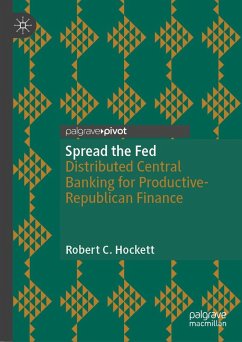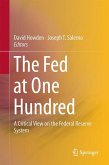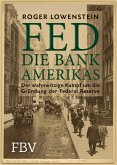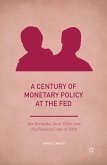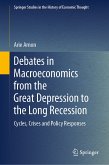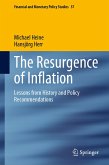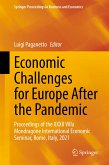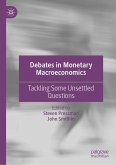The book presents both the original 1913 Fed and Hockett's modern restored Fed as a unique public/private and federal/local partnership specifically inspired by German industrial development banking and adapted to continent-spanning American conditions. It shows that the original Fed's focus on endogenous money and productive (not speculative) credit allocation was sound and effective as far as it went, while its ignoring exogenous sources of monetary disturbance prevented its properly handling the bubble and bust of the late 1920s and early 1930s. The reaction to that error after the mid-1930s, the book shows, fell into the opposite error, pretending that monetary aggregates could be adequately modulated without being forthrightly allocated in productive rather than speculative directions. A "Goldilocks Fed" must both productively allocate endogenous money and sensibly modulate exogenous money - twin prerequisites to both productive investment and financial stability. Hockett illustrates how the twelve regional Federal Reserve District Banks were founded for just these purposes and can be revitalized to achieve them anew.
Robert C. Hockett is Edward Cornell Professor of Law and Professor of Public Policy at Cornell University, USA. He is Senior Counsel at Westwood Capital, a socially responsible investment bank, and Visiting Professor of Finance at Georgetown University's McDonough School of Business. Formerly with the Federal Reserve Bank of New York and the International Monetary Fund, his teaching, research, and writing interests lie in the fields of organizational, financial, and monetary law and economics in both their positive and normative, as well as their national and transnational, dimensions. His guiding concern in these fields is with the legal and institutional prerequisites to a just, prosperous, and sustainable economic order. He is author of Financing the Green New Deal and The Citizen's Ledger.
Dieser Download kann aus rechtlichen Gründen nur mit Rechnungsadresse in A, B, BG, CY, CZ, D, DK, EW, E, FIN, F, GR, HR, H, IRL, I, LT, L, LR, M, NL, PL, P, R, S, SLO, SK ausgeliefert werden.

